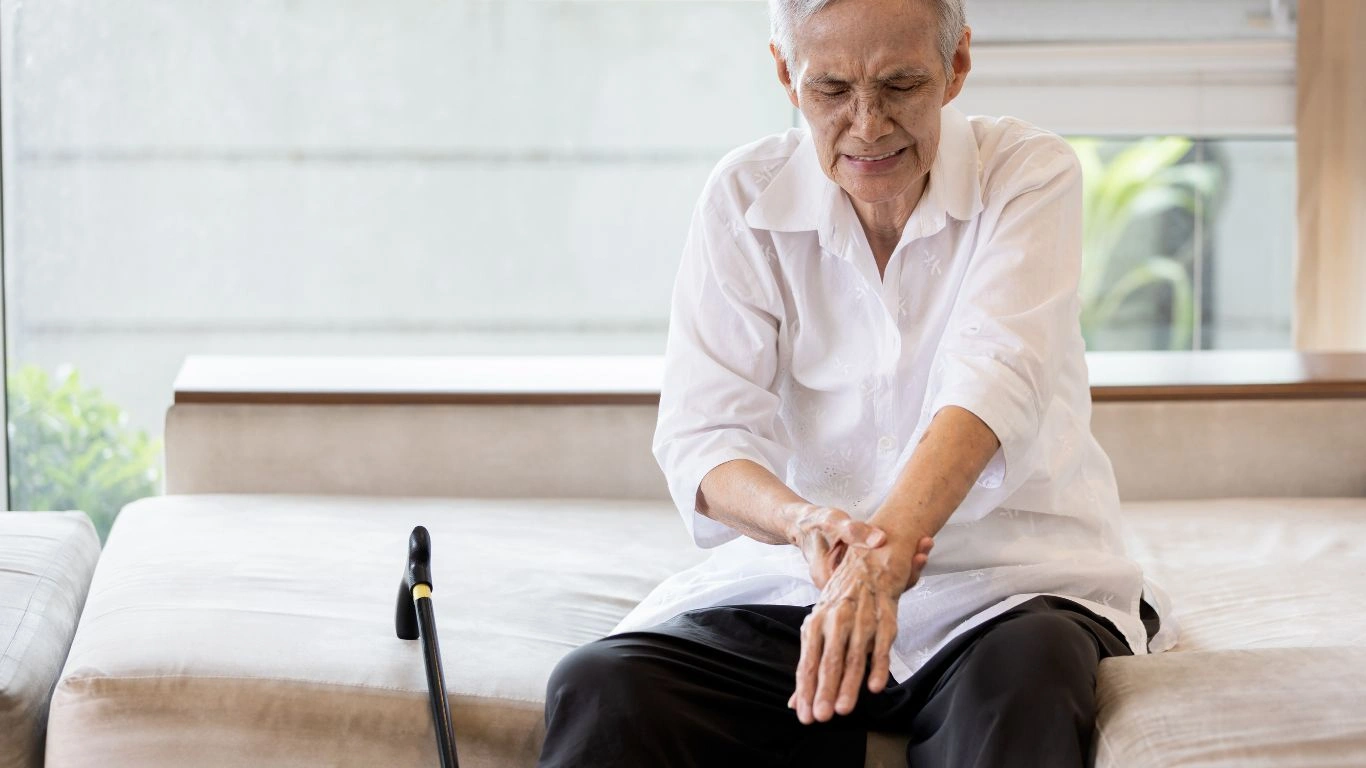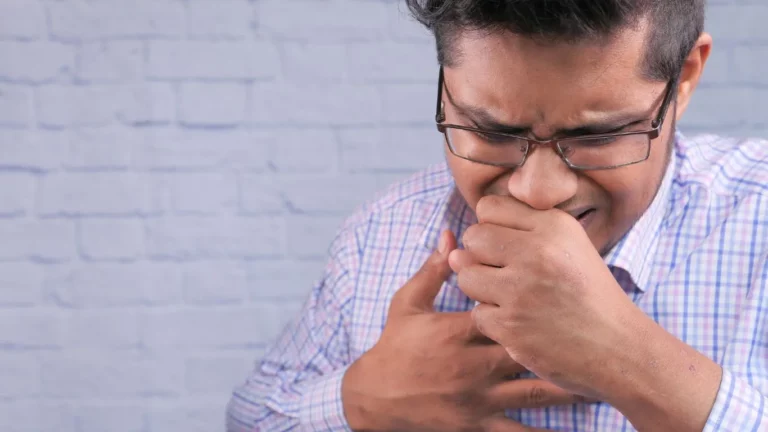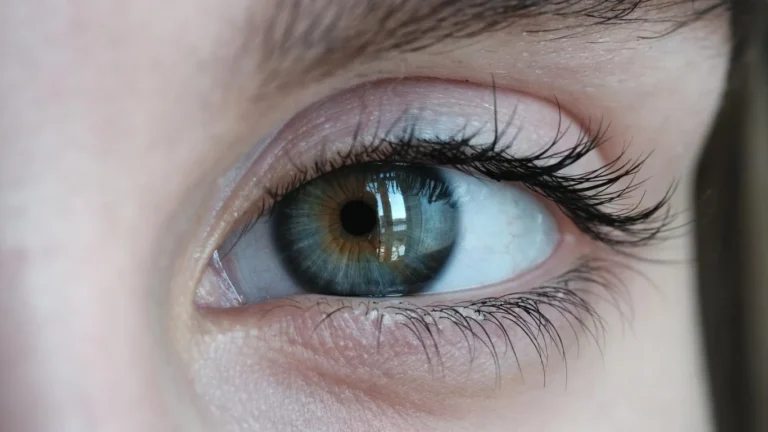Coping with RA in relationships can strengthen or strain love
Let’s be real—coping with RA in relationships isn’t something you can prepare for. When I first started working as a Rheumatology nurse practitioner, I thought I had a solid grip on the science of rheumatoid arthritis. But it wasn’t until I sat across from couples—one quietly wincing from joint pain, the other unsure of what to say—that I truly got it. RA doesn’t just hit joints; it hits connections, intimacy, patience, and even routines. And if you’re living with RA or loving someone who is, then you already know—it’s complicated. But here’s the thing: complicated doesn’t mean impossible.
Coping with RA in Relationships: Why It Hits Harder Than Expected
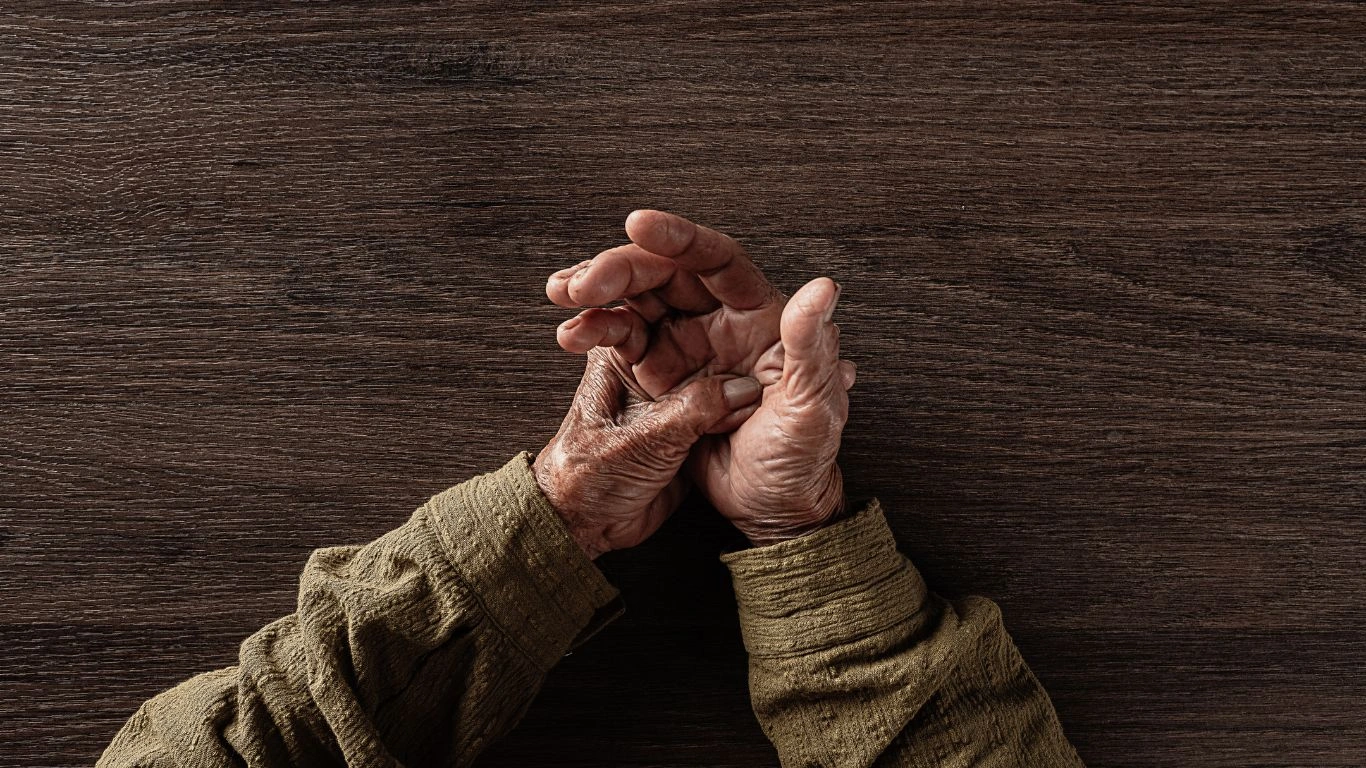
When rheumatoid arthritis first enters a relationship, it doesn’t knock politely. It barges in with chronic fatigue, unexpected flares, emotional ups and downs, and a constant stream of doctor’s appointments. And while the physical pain is often the headline, the emotional toll runs deep too.
Many of my patients tell me, “I feel like a burden to my partner.” It’s heartbreaking to hear, but it’s also incredibly common. The reality is, chronic illness shifts roles. Maybe you were once the go-getter, the planner, the one always organizing date nights or weekend getaways. Then RA comes along and suddenly, resting becomes a priority. Plans get canceled. And guilt creeps in.
What No One Tells You: RA Can Affect Intimacy
This one deserves its own spotlight. Because it’s not just about sex—although yes, that can be impacted too. It’s about the whole vibe of closeness. Pain, stiffness, and fatigue can make even cuddling uncomfortable. Not to mention the self-esteem rollercoaster that sometimes comes with body changes due to medication or disease progression.
I remember talking with a patient—let’s call her Mel—who said, “I used to love wearing heels and dressing up for date nights, but now just getting ready feels like a workout.” It’s not vanity; it’s vulnerability. And unless both partners are openly talking about what’s going on, resentment and misunderstanding can sneak in quietly.
Learning to Communicate: The Unsung Hero of Coping
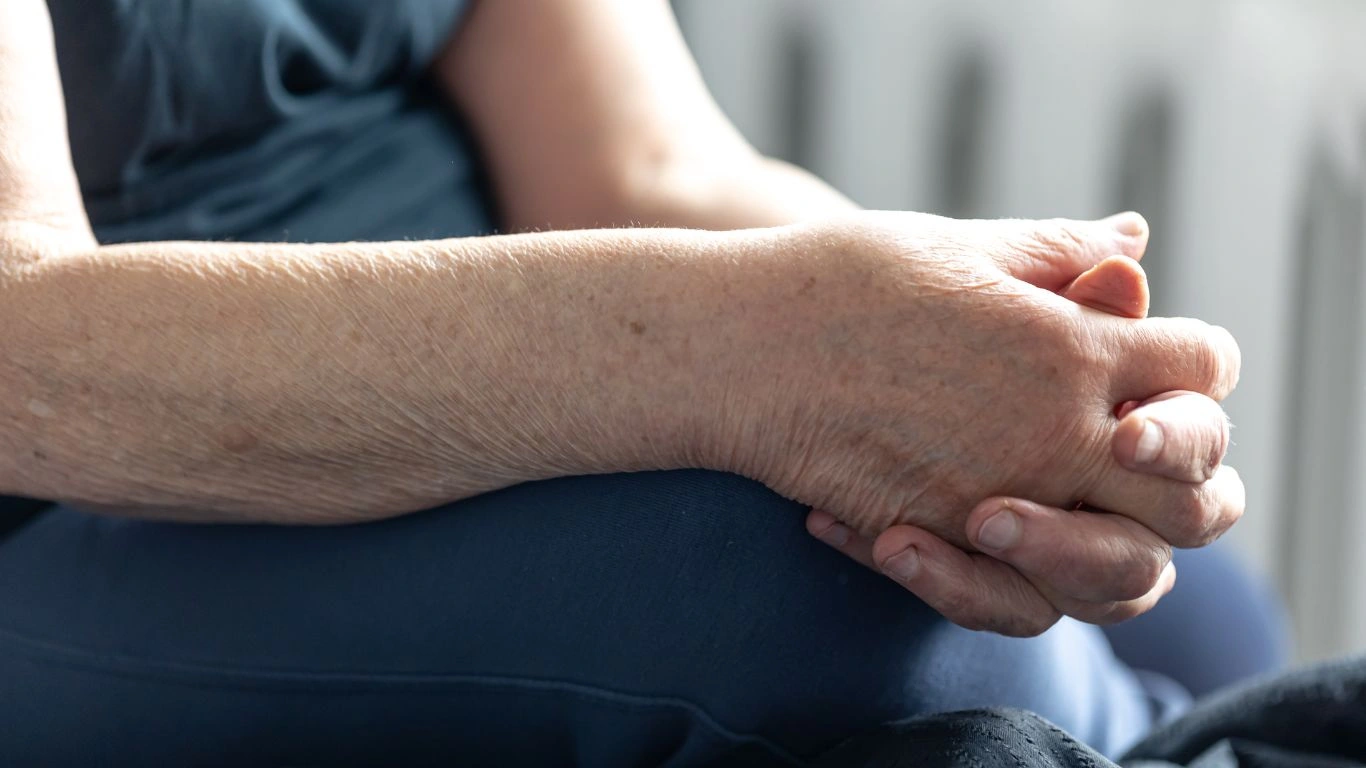
If I could hand every couple dealing with RA a single tool, it would be radical communication. Not just, “How are you feeling?” but also, “What do you need from me today?” and even, “Is there something I’m not understanding?”
When emotions are high and pain is real, conversations can turn sharp quickly. But practicing patience and honesty (yes, even when it’s uncomfortable) can rebuild bridges before they break.
Some communication tips that have helped couples I work with:
- Use “I” statements: Say “I feel overwhelmed” instead of “You don’t help enough.”
- Schedule regular check-ins: A quick, weekly chat about how things are going can prevent miscommunications from piling up.
- Don’t avoid the hard stuff: Talk about intimacy, fear of dependency, or even finances. Avoidance fuels disconnection.
Redefining Roles Without Resentment
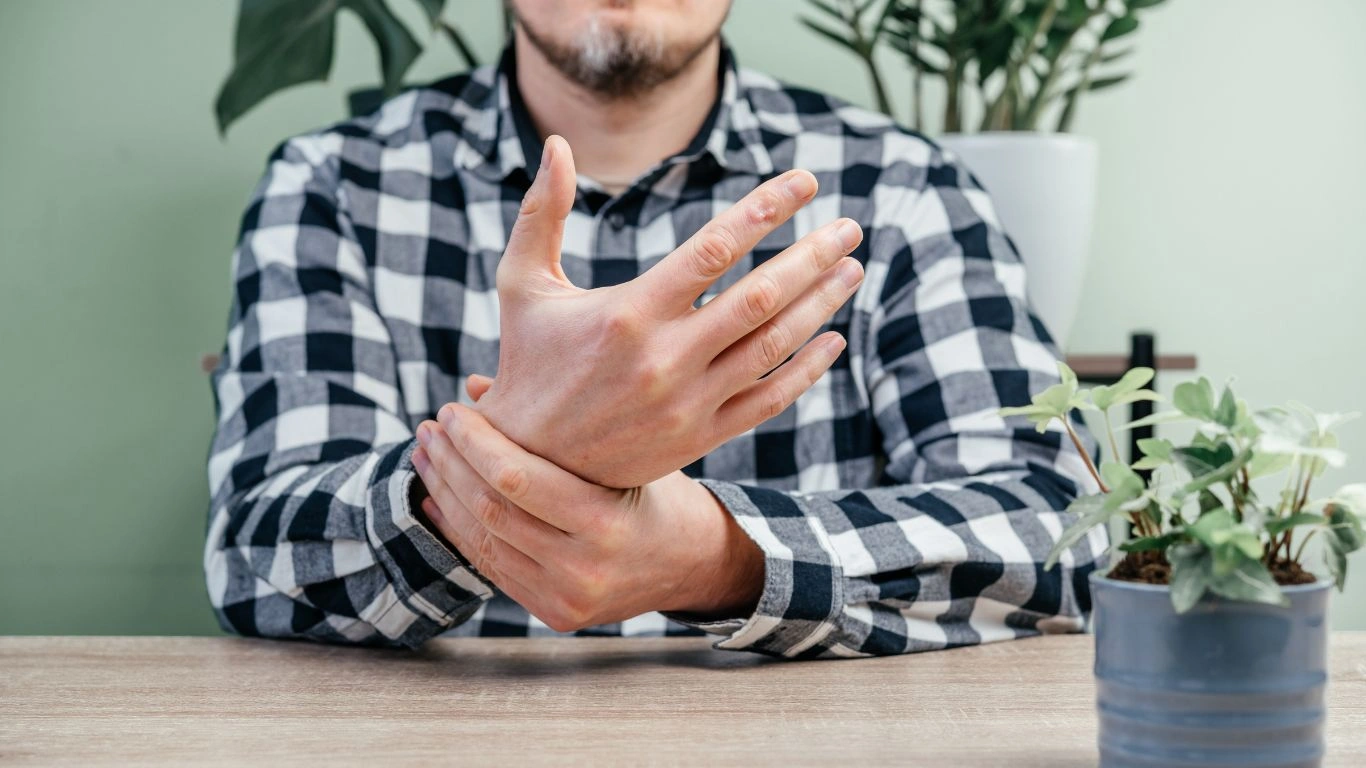
Let’s talk about something people rarely address: role changes. If you’ve always been the one managing the household or doing most of the physical stuff, handing over those responsibilities can feel like a personal failure. But it’s not. It’s just a shift—a new way to function as a team.
In fact, this is where relationships can actually grow stronger. I’ve seen partners step up in beautiful ways—learning to cook meals that meet anti-inflammatory diet guidelines, becoming pros at managing medication schedules, or just sitting quietly during a tough flare day.
Tips for balancing roles together:
- Delegate with love: Instead of saying, “I can’t do this anymore,” try, “Can you take this on so I can rest and recover?”
- Appreciate out loud: Little thank-yous go a long way when routines change.
- Embrace flexibility: There’s no ‘normal’ anymore, and that’s okay. Create your own rhythm.
When Support Feels Like Pity—And How to Handle It

This might hit home for a few of you—when your partner’s help feels more like hovering or, worse, pity. I’ve had patients tell me, “I know they mean well, but I feel like I’m being babied.” And I’ve seen this happen in real time, even in clinic rooms. It’s a tricky balance, right? You want support, but not to be treated like you’re fragile china.
Here’s a little story from early in my career: I had a couple come in, and the patient—let’s call him Joe—was trying to explain how exhausted he felt after just walking to the mailbox. His partner interrupted gently, saying, “He just gets so tired so easily now.” Joe looked down, totally silent after that. That moment stuck with me.
The lesson? Let the person with RA speak for themselves. It’s empowering. It’s respectful. And it avoids turning the disease into the loudest voice in the room.
What helps here?
- Set boundaries on help: It’s okay to say, “I appreciate your help, but I’ve got this part.”
- Use humor to lighten it: I once heard someone say, “I’m not broken, just bent for a bit!” It helped them stay connected without downplaying the struggle.
- Talk about it: Say what kind of help you want—or don’t want—before it turns into a silent frustration.
Coping with RA in Relationships Means Planning for the Unpredictable
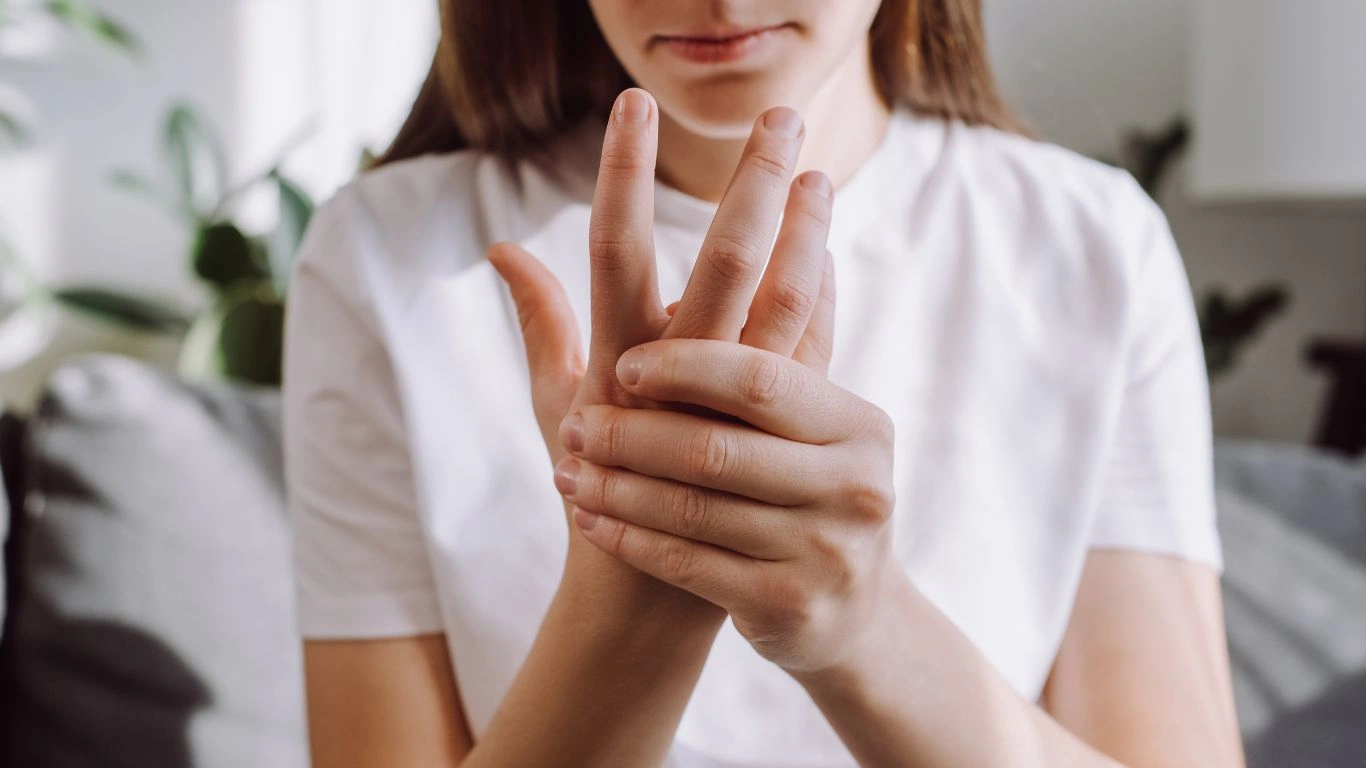
Here’s a weird but true fact: living with RA is like being in a relationship with two people—your partner, and the unpredictable guest that is rheumatoid arthritis. Flare-ups don’t send you a heads-up. They crash the party whenever they want. And that means canceled dates, spontaneous bedrest, and a lot of missed plans.
As someone who’s helped patients navigate this for years, I always say: don’t let unpredictability kill the joy. Build flexibility into your relationship like it’s part of your toolkit.
Real-life ideas that actually work:
- Have backup plans: If a big day out turns into a stay-in day, pivot to a cozy movie night with takeout instead of feeling like the day’s ruined.
- Create “low-effort” date options: Think: puzzles, drive-thru picnics, slow strolls on flat trails. It still counts if it makes you feel connected.
- Celebrate small wins: Made it through a tough week? Order dessert. Laugh together. Keep joy in reach, even when RA makes things heavy.
Trust me, even with years of experience, I still get amazed at how creative couples get when they shift from “what we used to do” to “what we can do now.” It’s about staying on the same team, even when the game changes.
When You’re the Partner: What RA Caregivers Wish They Knew Sooner
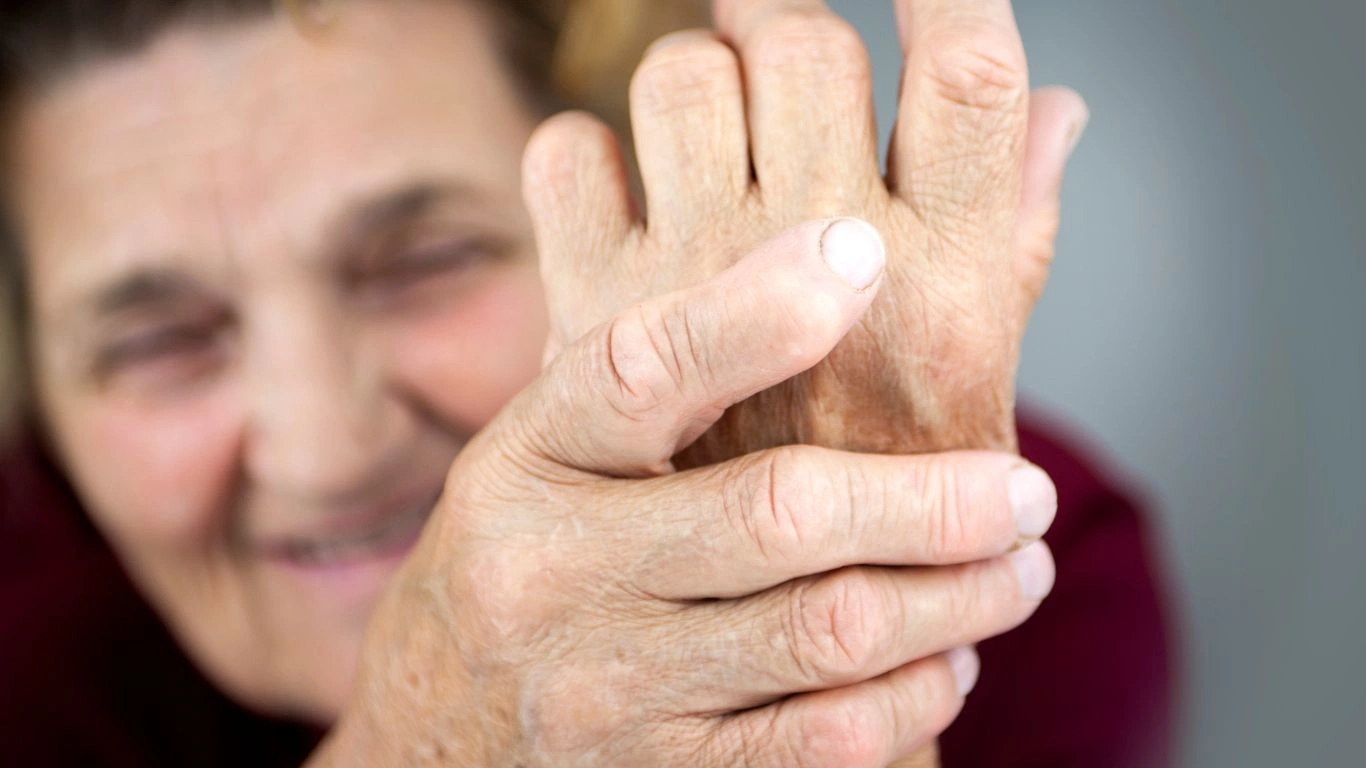
We’ve been talking a lot about the person with RA, but hey, if you’re the partner reading this—you matter too. RA doesn’t only test joints; it tests patience, mental health, and emotional stamina. I’ve seen caregivers burn out while trying to be “the strong one.” And let me just say this: you are allowed to feel overwhelmed.
One of the strongest caregivers I know—a husband who’s supported his wife through 15 years of RA—once told me, “I thought I had to be calm and collected all the time. I didn’t know it was okay to cry in the car after a hard day.” That raw honesty is exactly what we need more of.
So here’s what I tell partners:
- You need support too: Whether it’s therapy, a support group, or even just venting to a trusted friend, don’t carry this alone.
- Don’t try to fix everything: Sometimes the most helpful thing you can do is sit, listen, and say, “That sucks, I’m here.”
- Celebrate your effort: You’re showing up, and that counts. Progress over perfection, always.
And if you’re the one with RA—remind your partner that you see their effort. A little gratitude can go a long way in keeping resentment from creeping in. I’ve heard couples say that simply hearing “Thanks for being here” once in a while made them feel less invisible.
Strengthening Emotional Connection When RA Takes Over the Spotlight
Here’s the hard truth: sometimes RA feels like it’s taken center stage in your relationship, and everything else just becomes background noise. The key is not to ignore RA, but to make space for other parts of your relationship to breathe.
That might look like sharing something totally unrelated to illness—maybe a shared hobby, a new show to binge, or even planning something months ahead that gives you both hope. I’ve seen couples reignite their spark just by carving out space where RA wasn’t the main character.
One couple told me they started writing down one small joy from each day in a shared notebook. Even on flare days, they found something—a good cup of tea, a funny meme, a friend’s text. It gave them a reason to connect beyond symptoms.
Keeping the “Us” Alive: Beyond the Diagnosis
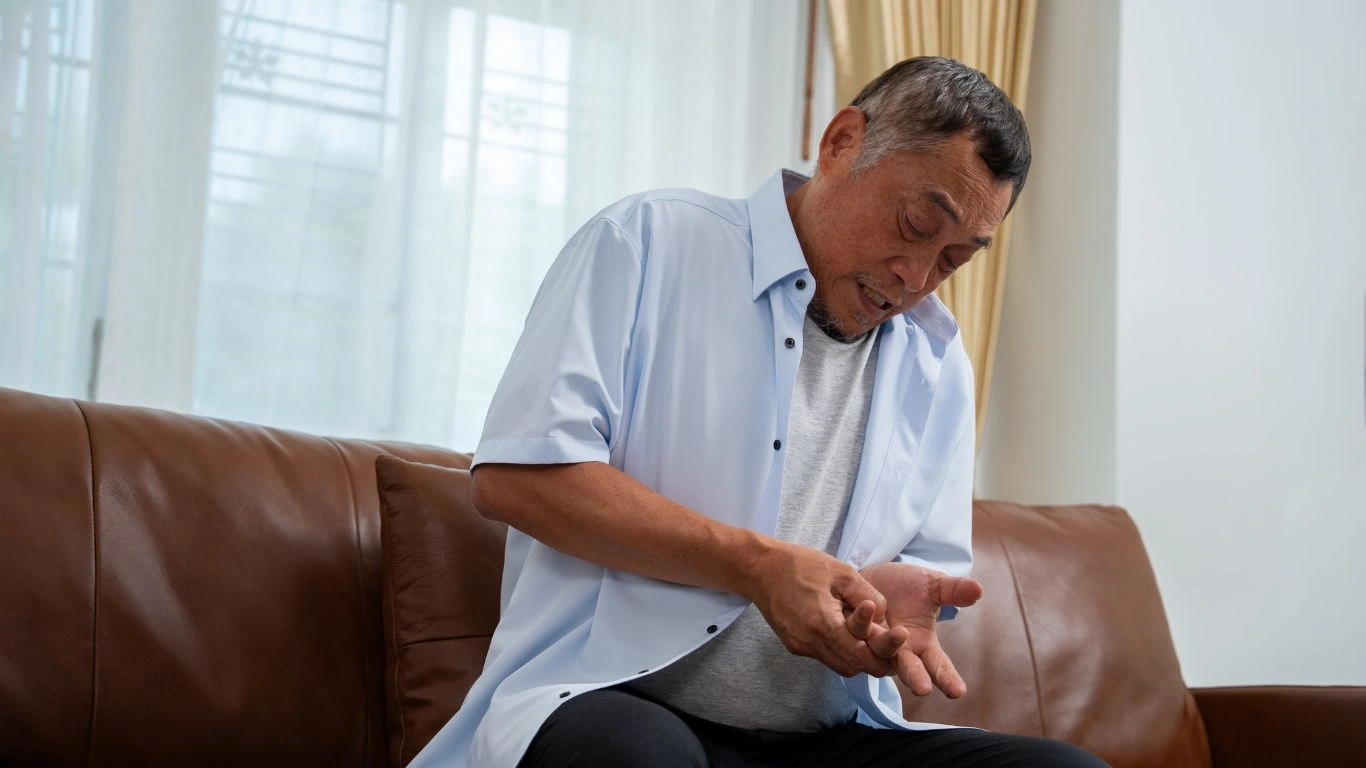
Let’s be honest, when RA is part of your life, it can be easy to fall into a cycle of just getting through the day. Meds, flares, appointments—repeat. But here’s a gentle reminder I often share with patients and their partners: you’re still a couple, not just a caregiver and a patient. You still get to laugh, argue over the thermostat, binge-watch a show you pretend not to like, and yes—dream together.
I remember one patient—a young woman in her thirties—telling me she felt like RA had swallowed up all the fun in her marriage. After some serious heart-to-hearts with her husband, they decided to create a “joy list.” It was just a simple list of things they loved doing together before RA took over. And slowly, they started checking items off again—just modified. Instead of hiking, they drove to scenic overlooks. Instead of dancing out, they danced in the kitchen. It wasn’t about going back. It was about going forward differently.
Here’s how to protect your emotional connection:
- Schedule intentional couple time: It doesn’t have to be fancy—just uninterrupted time where RA talk is off the table.
- Celebrate milestones: Whether it’s an anniversary or just a pain-free weekend, honor it.
- Share gratitude often: Say it out loud. “Thanks for staying when it’s hard” can mean the world.
How to Cope During Flare Seasons Without Losing Each Other

Anyone living with RA knows that flare seasons hit differently. Everything feels heightened—pain, fatigue, emotions, and yes, tension in the relationship. These periods can really test the bond, and I’ve seen couples go two ways: drift apart or dig in deeper. The difference? How you support each other when things get hard.
One partner once told me, “During flares, I used to get frustrated because I felt helpless. Then I realized I don’t have to fix it—I just have to be present.” That insight changed their dynamic completely.
Flare-up survival tips from real couples I’ve worked with:
- Have a flare-up plan: Agree ahead of time on what helps most—maybe it’s soft foods, heating pads, or just silence and space.
- Tag in help: When both of you are emotionally drained, it’s okay to lean on friends, family, or even a support group.
- Use simple signals: Some couples use hand signals or a color system to quickly communicate energy levels or pain without long explanations.
Sometimes the most healing thing during a flare isn’t a medication. It’s knowing your person is right there beside you, no pressure, just presence.
Building a Relationship Routine That Works with RA
Okay, so here’s one of the biggest mindset shifts I try to help couples make: RA doesn’t mean you have to stop living—it means you have to live smarter. Creating routines that respect the limitations while still nurturing the relationship is where the real magic happens.
Some of the strongest couples I’ve worked with developed routines that not only help manage RA symptoms, but also strengthen their bond. Morning check-ins over coffee, stretching together before bed, even syncing up medication times—it all becomes part of a rhythm that feels less like survival and more like partnership.
Here’s how to build your own relationship rhythm:
- Balance structure with flexibility: Some structure helps things feel manageable, but leave room to adapt.
- Make time for connection, not just logistics: Don’t let every conversation revolve around meds, appointments, or symptoms.
- Revisit your goals together: Talk about what matters most to you both—dream trips, future plans, even small personal goals. Keep that forward momentum alive.
RA might slow things down, but it doesn’t stop growth. That’s something I’ve witnessed time and again—relationships that not only survive RA, but come out stronger and more emotionally intelligent because of it.
Final Thoughts on Coping with RA in Relationships
Coping with RA in relationships isn’t about achieving perfection—it’s about showing up, even when things are hard, and choosing connection over frustration. As a Rheumatology nurse practitioner, I’ve had the honor of witnessing incredible resilience from both patients and their partners. Real love—the gritty, compassionate, everyday kind—can thrive even with chronic illness in the picture.
If you’re reading this and thinking, “This is hard,” you’re absolutely right. But it’s also possible. One conversation, one adaptation, one shared laugh at a time—you’ve got this.
References
Disclaimer
This content is for informational purposes only and is not intended as a substitute for professional medical advice, diagnosis, or treatment. Always consult with a qualified healthcare provider about any questions you may have regarding a medical condition. The insights shared here are based on clinical experience and should not replace your provider’s individualized guidance.

Tarra Nugroho is a dedicated Nurse Practitioner with a strong foundation in family and preventive care. She brings both compassion and clinical expertise to her practice, focusing on patient-centered care and health education. As a contributor to Healthusias.com, Tarra translates medical knowledge into clear, empowering articles on topics like women’s health, chronic disease management, and lifestyle medicine. Her mission is simple: help people feel seen, heard, and informed—both in the clinic and through the content she creates. When she’s not caring for patients, Tarra enjoys weekend hikes, plant-based cooking, and curling up with a good health podcast.

